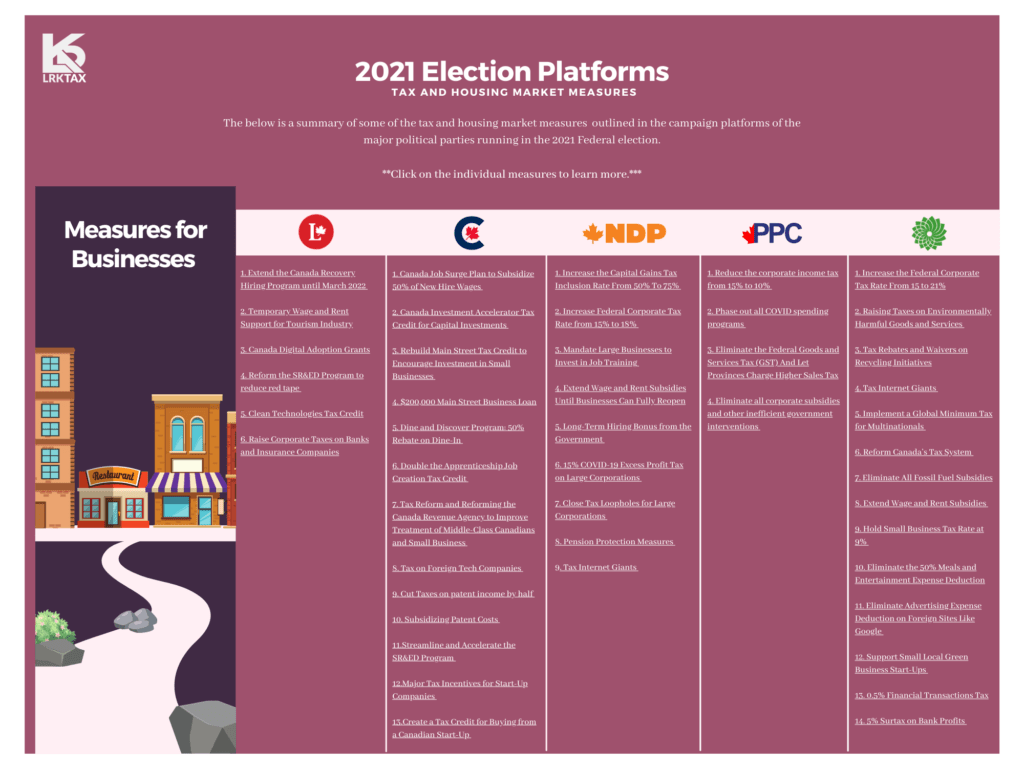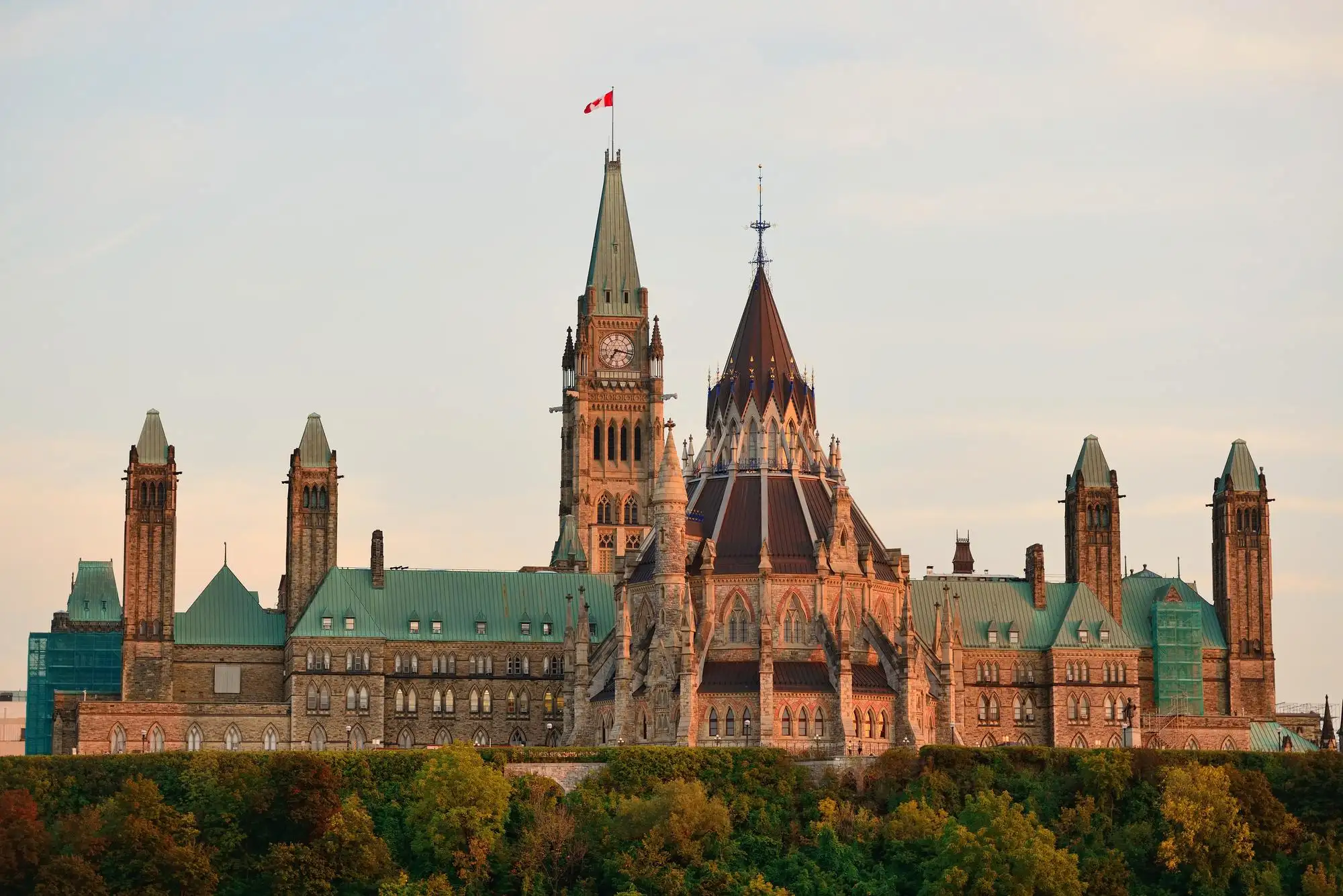
CRA Clarifies Tax Deadlines for Taxpayers Affected by Capital Gains
The CRA has delayed the capital gains inclusion rate increase to January 1, 2026, requiring tax form revisions and causing filing delays. Relief from late penalties and interest is granted until June 2, 2025, for impacted T1 filers and May 1, 2025, for T3 slips. T5008 deadlines extend to March 17, 2025.


